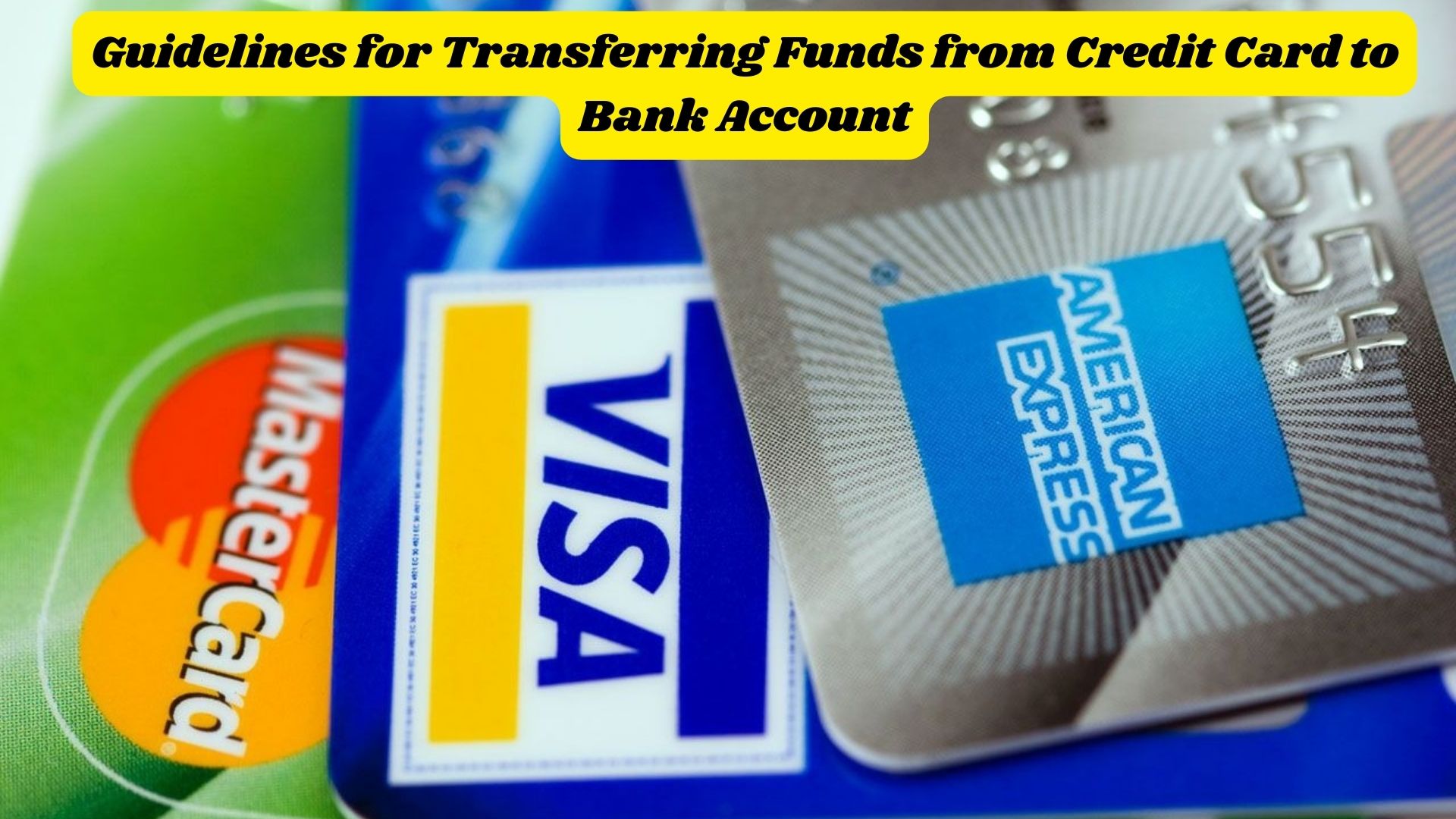
Understanding the convenience and versatility of credit cards for managing expenses and payments is widely acknowledged. However, the question often arises: is it advisable to transfer funds from your credit card to your bank account? Let’s explore the process, considerations, and methods involved in such transfers.
Why Transfer Funds from Credit Card to Bank Account?
Certain financial obligations, such as life insurance premiums or mortgage payments, may not accept credit card payments. In such instances, transferring funds from your credit card to your bank account enables smoother transactions. Now, let’s delve into how to initiate this transfer:
Top 4 Methods to Transfer Money from Credit Card to Bank Account:
- Direct Transfer: Numerous banks facilitate direct fund transfers from your credit card to your bank account through online banking platforms. It’s essential to note that each bank imposes a daily transfer limit, so it’s prudent to verify this limit with your bank beforehand.
- Net Banking: If your bank provides net banking services, access your account, navigate to the ‘credit card’ section, select ‘fund transfer,’ input the desired amount, and follow the prompts to complete the transaction.
- Phone Banking: Some credit card issuers offer the option to transfer funds via phone call. Reach out to your credit card issuer through phone banking, provide the necessary details, and request the transfer from your credit card to your bank account.
- Cheque Writing: Alternatively, you can opt for the traditional method by writing a cheque to yourself. In the recipient’s field, write ‘self,’ include all required details, and deposit the cheque at your nearest bank branch.
Important Considerations:
While transferring money from your credit card to your bank account offers convenience, several crucial points require consideration:
- Credit Card’s Intended Use: Credit cards are primarily designed for direct payments. Therefore, it’s advisable to reserve transfers to your bank account for emergencies only.
- Tax Implications: Exceeding your credit card limit may attract scrutiny from tax authorities. Frequent transfers might draw unwanted attention and scrutiny from tax officials.
- Credit Card Repayment: Timely repayment of credit card dues is imperative. Failure to meet payment deadlines can adversely impact your credit history and lower your credit score.
Proceed with Caution:
While the option to transfer funds from your credit card to your bank account can be beneficial during emergencies, it’s essential to exercise caution and utilize it judiciously. Remember, it’s a tool best utilized only when necessary.
Also Read
Understanding Credit Scores: A Brief Guide to Checking and Enhancing Your Credit Score

2 thoughts on “Guidelines for Transferring Funds from Credit Card to Bank Account”